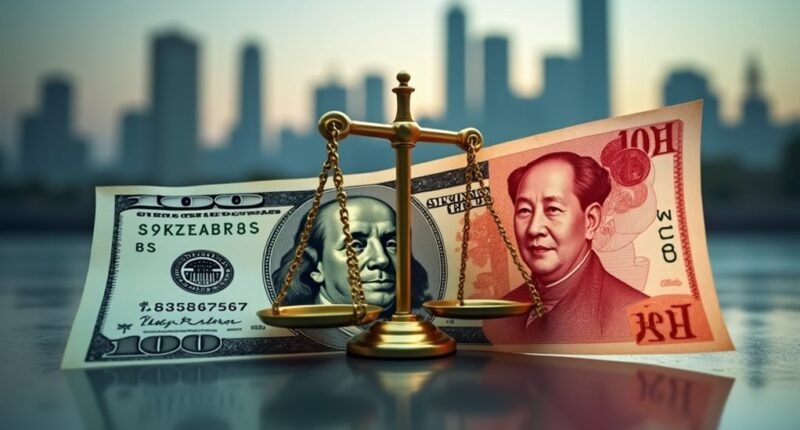As the world watches the unfolding drama of U.S.-China trade relations, one might wonder whether these tariffs are a clever chess move or just a game of economic tug-of-war. The U.S. has rolled out a hefty set of tariffs on Chinese imports, with rates soaring to a minimum of 145%. This hefty price tag isn’t just for show; it’s a strategic effort to tackle persistent trade deficits that have long plagued American manufacturers. Additionally, global regulations concerning trade practices and tariffs can significantly affect how nations negotiate and enforce trade agreements.
But while the U.S. plays this high-stakes game, global markets are spinning like a roller coaster, bracing for the economic impacts that ripple out from this tit-for-tat trade war.
China, not one to back down easily, has retaliated by raising its own tariffs on U.S. goods to 125%. This back-and-forth feels like a standoff between two titans, each determined not to appear weak. National pride mingles with economic strategy as both countries dig in their heels, raising concerns about a potential decoupling of their intertwined economies. Trade decoupling could significantly disrupt supply chains and lead to increased production costs.
The stakes are high, and the consequences could spell trouble not just for them but for the entire global economy.
Historically speaking, this trade tension didn’t spring up overnight. It has roots in previous administrations, but the current environment has turned the volume up to eleven. While President Trump was all about aggressive tariffs, President Biden has chosen a slightly less confrontational path, though the tariffs remain firmly in place. U.S. manufacturing output as a share of global output has decreased significantly, highlighting the urgent need for a resolution to these trade imbalances.
U.S. companies, heavily reliant on Chinese imports for manufacturing, are finding themselves in a bind, pleading for exemptions to avoid job losses and supply chain disruptions.
As these economic chess pieces move, volatility remains the name of the game. Fears of a recession loom large, leaving everyone from Wall Street to Main Street wondering: will the U.S. yield to China’s bold demand to end all tariffs, or will this tug-of-war continue until one side finally blinks?









